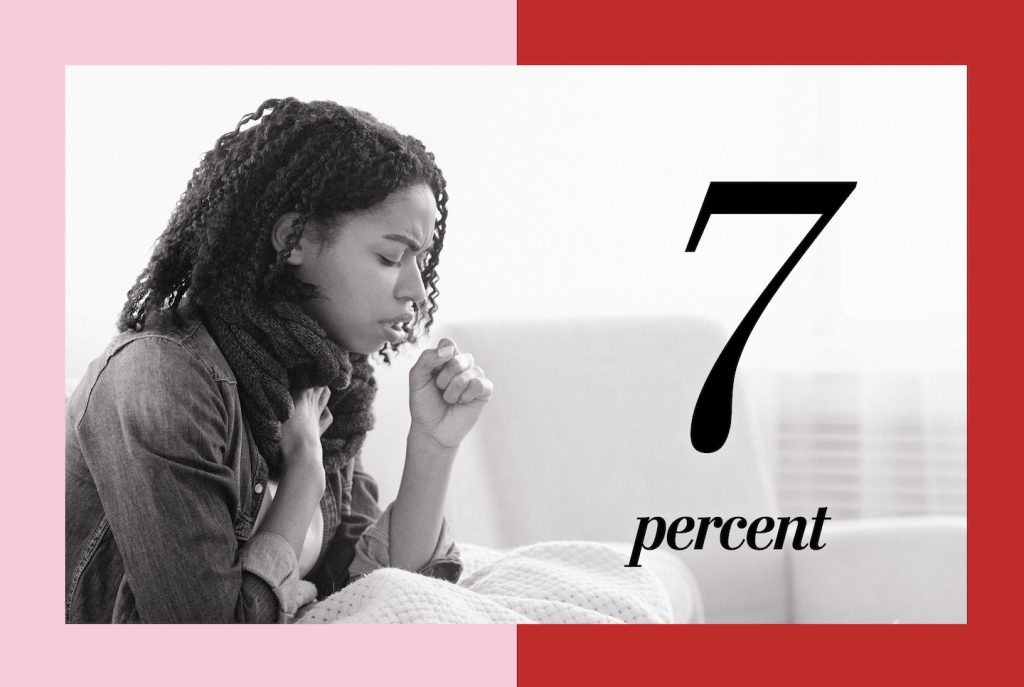The household survey of the U.S. civilian noninstitutionalized population surveyed a nationally representative sample of approximately 17,000 adults aged 18 and older, of which 8,275 reported having COVID-19 and approximately 1,200 reported suffering from long-COVID symptoms.
The MEPS survey also asked participants about their COVID-19 vaccination and booster vaccination history. Only 6% of vaccinated and booster-vaccinated respondents reported long-Covid symptoms, compared with 8% of unvaccinated respondents. The findings suggest that “booster vaccinations may confer increased protection against long-Covid, possibly because booster vaccinations reduce the risk of severe COVID-19 disease,” the researchers wrote.
Long Corona is Defined as a symptomatic condition According to the Centers for Disease Control and Prevention (CDC), symptoms of long COVID-19 last for more than three months after an initial COVID-19 infection. According to the CDC, long COVID-19 occurs more frequently in people with severe COVID-19.
The survey also found significant gender differences in reported long Covid symptoms, with women more likely to report symptoms across all age groups: 9% of women vs. 5% of men. Respondents with underlying conditions such as emphysema, chronic bronchitis, and asthma were also more likely to report having long Covid, as were white and Hispanic survey respondents.
Long Covid can be accompanied by a variety of symptoms, including fatigue, brain fog, post-exertional malaise, cough, fever, difficulty breathing, etc. The CDC also points out that there is no laboratory test that can definitively diagnose whether symptoms are due to long Covid.
This article is part of The Washington Post’s “Big Numbers” series, which provides brief statistical insights into health issues. Additional information and related studies are available via hyperlinks.


